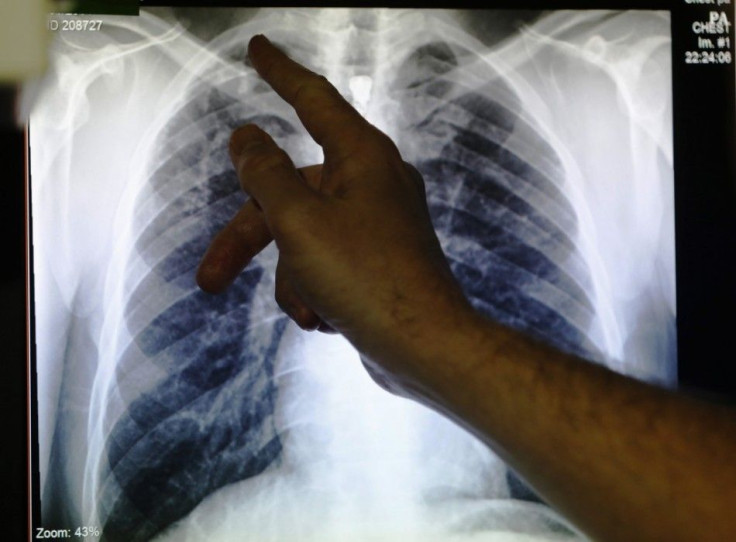Fighting TB: More money needed to save millions from deadliest disease in the world

A coalition of health agencies is calling for more investment into the treatment and prevention of tuberculosis, which is the most deadly curable infectious disease in the world.
TB causes nearly 1.5 million deaths every year. Global health experts including the World Health Organisation (WHO) consider the current death rate to be unacceptable since there are available effective treatments for the disease.
Worldwide, two billion people are believed to suffer from latent TB infection. Most new cases are recorded in developing countries such as India, China and Indonesia, although the UK records the highest TB rates in Western Europe.
Some diagnosed patients who have the disease are also resistant to drugs, making first-choice antibiotics ineffective to treat them.
"It is a global disgrace and human tragedy that TB - a curable disease - is killing around 1.5 million people per year and nobody speaks about ending it," said Dr Lucia Ditiu, executive director of Stop TB Partnership.
Stop TB Partnership, an international body that includes the WHO as its member, says it would take US$56 billion (AU$78 billion) to eliminate TB globally. This extra funding to fight the disease would save over 10 million lives, ensure 29 million people receive treatments and prevent 45 million people from being infected with TB.
The Partnership recently launched the “Global Plan to End TB 2016-2020,” which aims that 90 percent of all people with TB be diagnosed and treated, and ensure 90 percent of those will complete treatment.
The plan will be endorsed later in November by politicians from around the world at the 46th Union World Conference on Lung Cancer in South Africa.
"TB has always been a disease of poverty, and a litmus test for our commitment to social equality and health for all," said Dr Aaron Motsoaledi, chairman of Stop TB Partnership's coordinating board. "Unfortunately, its longevity has created a sense of acceptance that it is here to stay and a sense of complacency."
The rate of TB cases have remained relatively low and stable in Australia since 1986, according to the Department of Health. However, Indigenous people and Australians born overseas are at higher risk of contacting the disease, with two to three percent of cases resistant to drugs.
Contact the writer at feedback@ibtimes.com.au or tell us what you think below






